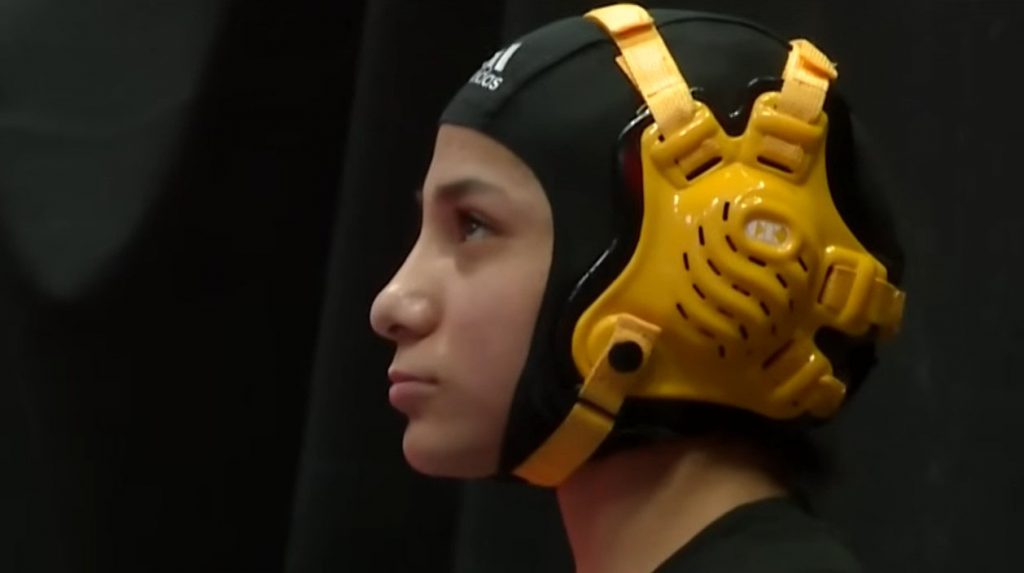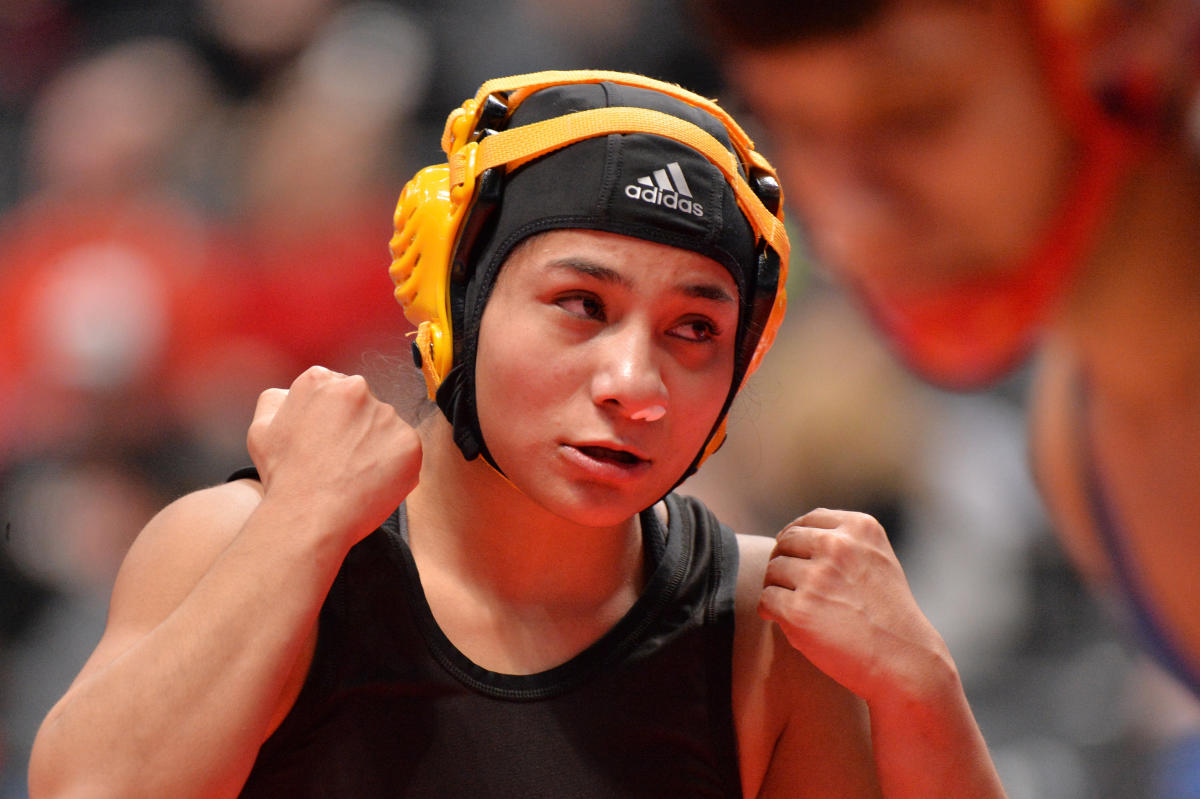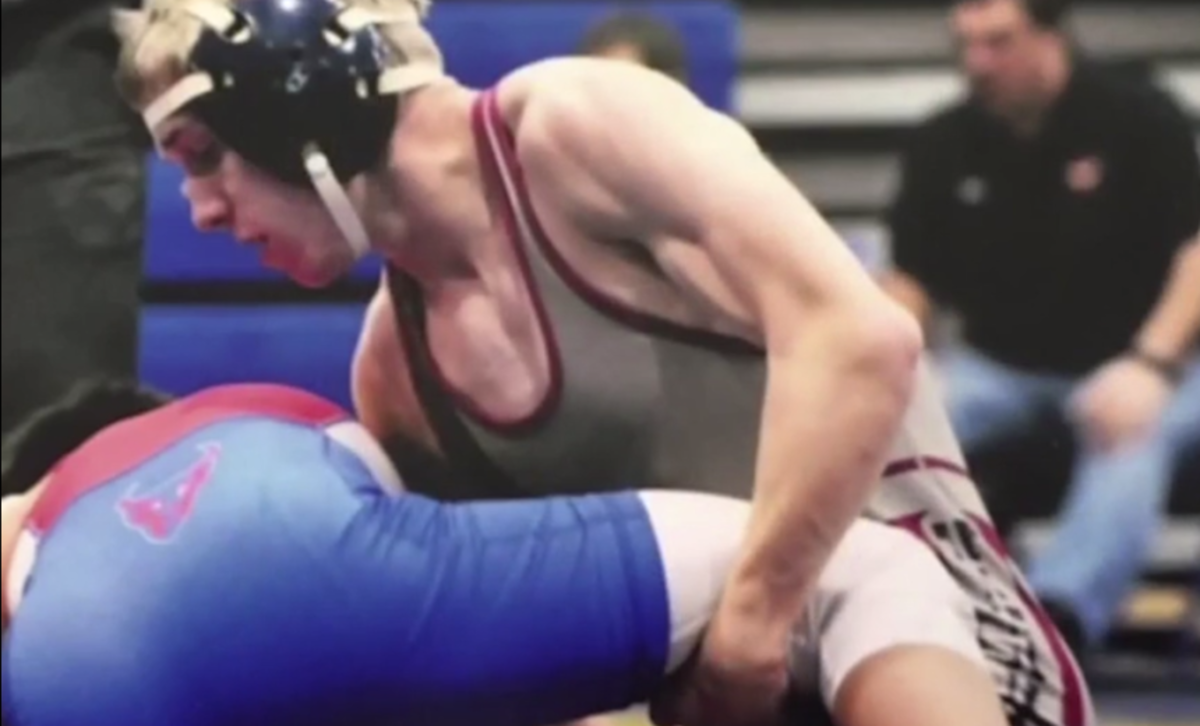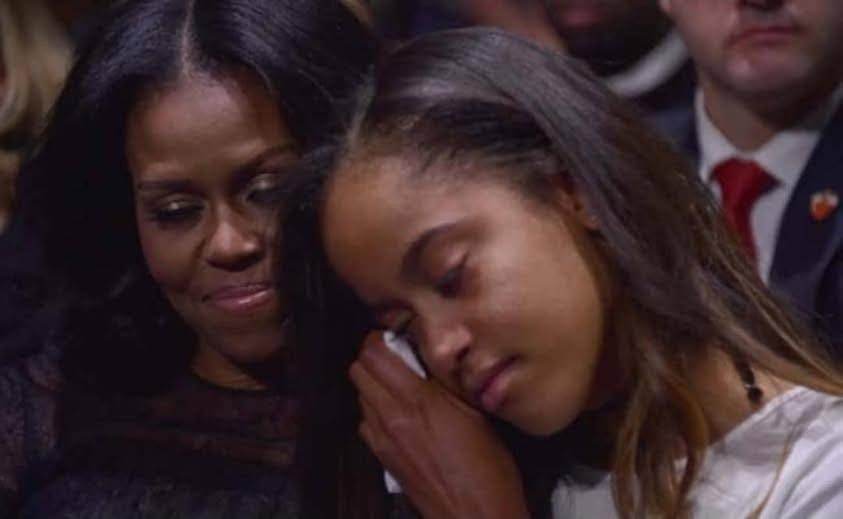HT6. High School Wrestler Forfeits State Tournament Immediately Upon Seeing Opponent
In the world of high school sports, stories of dedication, perseverance, and personal triumph often make headlines. However, sometimes, it’s the decisions made off the mat that spark the most intense discussions. Such is the case with Brendan Johnston, a former high school wrestler from Colorado, who made national news in 2018 for forfeiting not one but two state tournament matches. His reason? The matches were against female opponents.
A Decision Rooted in Belief

Brendan Johnston, then an 18-year-old senior at The Classical Academy in Colorado Springs, faced a dilemma that went beyond the typical pressures of athletic competition. In the 2018 state wrestling tournament, he was scheduled to compete against Jaslynn Gallegos from Skyview High School in the first round. Instead of stepping onto the mat, Brendan chose to forfeit the match, citing his personal, religious, and moral beliefs.
His decision didn’t stop there. In the third-round consolation match, Brendan was set to face another female wrestler, Angel Rios from Valley High School. Once again, he opted to forfeit.
In an interview with KDVR, Brendan, who identifies as a devout Christian, elaborated on his reasoning. “It’s so physical, physically close. I don’t think that’s really appropriate with a young lady. It’s also very aggressive, and I’m not really comfortable with that,” he explained. “There is something that I really do find problematic about the idea of wrestling with a girl, and a part of that does come from my faith and my belief.”
Faith, Values, and Upbringing

Brendan’s decision was not solely based on his religious views. He also credited his upbringing and personal values as significant factors. “A part of that comes from how I was raised to treat women, as well as different experiences and things,” he said. “I don’t think that I am looking at them as not equal. I am saying that they are women, and that is different than being men, because I do believe that men and women are different and we are made differently.”
Despite the controversy, Brendan was clear in his stance on equality: “I still believe that women are of equal value to men. I don’t think that seeing men and women as different opposes the idea of equality.”
The Reactions: Mixed and Emotional

Brendan’s forfeitures sparked a wide range of reactions from the public, fellow athletes, and the broader wrestling community. Some applauded his decision, viewing it as a principled stand rooted in personal conviction. Others criticized it, arguing that it perpetuated outdated gender norms and undermined the efforts of female athletes striving for recognition in male-dominated sports.
Jaslynn Gallegos, one of the wrestlers Brendan forfeited against, expressed her feelings in an interview with The Washington Post. “This whole time that I’ve wrestled, it’s just me trying to prove a point that I am just a wrestler,” she said. “And so the fact that my gender is something that kind of holds me back still is just a little nerve-racking, but I respect his decision. It’s fine. My whole thing is that I’m not a girl wrestler; I’m just a wrestler. So it kind of doesn’t hurt my feelings, but I do kind of take it to heart.”
Angel Rios shared similar sentiments, noting that while she respected Brendan’s personal beliefs, she hoped that such decisions wouldn’t overshadow the accomplishments and capabilities of female athletes.
Impact on Rankings and Career

As a result of his forfeitures, Brendan Johnston placed sixth in the tournament, while Angel Rios and Jaslynn Gallegos secured fourth and fifth places, respectively. For Brendan, the decision effectively marked the end of his high school wrestling career, as he had no further matches in the tournament.
A Broader Conversation on Gender and Sports
Brendan’s story is part of a larger conversation about gender roles in sports, especially in disciplines traditionally dominated by males. Wrestling, with its intense physical contact, often highlights these debates.
The question arises: should personal beliefs influence participation in competitive sports, especially when those beliefs intersect with issues of gender equality?
Many argue that sports are one of the most powerful platforms for breaking down gender barriers. Female athletes like Jaslynn and Angel are pioneers in their field, challenging stereotypes and proving that skill, determination, and resilience are not confined to any one gender.
On the other hand, Brendan’s supporters contend that his right to religious freedom and personal convictions is equally important. In a society that values diversity and inclusion, respecting differing viewpoints, even when they conflict with popular opinion, is crucial.
The Role of Schools and Athletic Associations
Incidents like Brendan’s highlight the need for clear policies and guidance from educational institutions and athletic associations. Schools play a pivotal role in shaping young athletes’ experiences and should foster environments where all students feel respected and supported, regardless of their gender or beliefs.
The Colorado High School Activities Association (CHSAA), which oversees high school sports in the state, has guidelines promoting inclusivity and equal opportunities for all athletes. However, situations like Brendan’s showcase the complexities that arise when personal beliefs clash with these policies.
Lessons Learned and Moving Forward
Brendan Johnston’s decision, while controversial, offers valuable lessons. It underscores the importance of standing by one’s convictions, even when faced with criticism. It also highlights the resilience of female athletes who continue to break barriers in sports traditionally dominated by men.
For young athletes, coaches, and sports organizations, this story serves as a reminder of the diverse perspectives that exist within the world of sports. It challenges us to think critically about issues of gender, equality, and personal belief systems.
Conclusion
At its core, Brendan Johnston’s story is not just about forfeiting wrestling matches. It’s about the intersection of personal values, faith, gender roles, and sportsmanship. It’s about how we, as a society, navigate complex issues where there are no easy answers.
While opinions on Brendan’s decision will likely remain divided, his story has undoubtedly sparked meaningful conversations about respect, equality, and the right to personal beliefs. In the world of sports and beyond, these discussions are essential as we strive to create a more inclusive and understanding society.
What are your thoughts on Brendan Johnston’s decision? Do you believe personal beliefs should influence participation in competitive sports? Share your opinions in the comments below.













